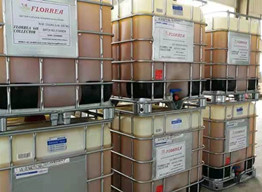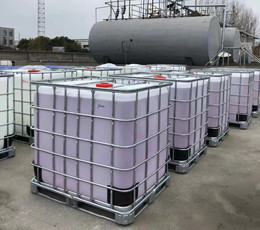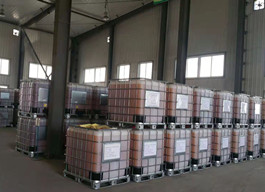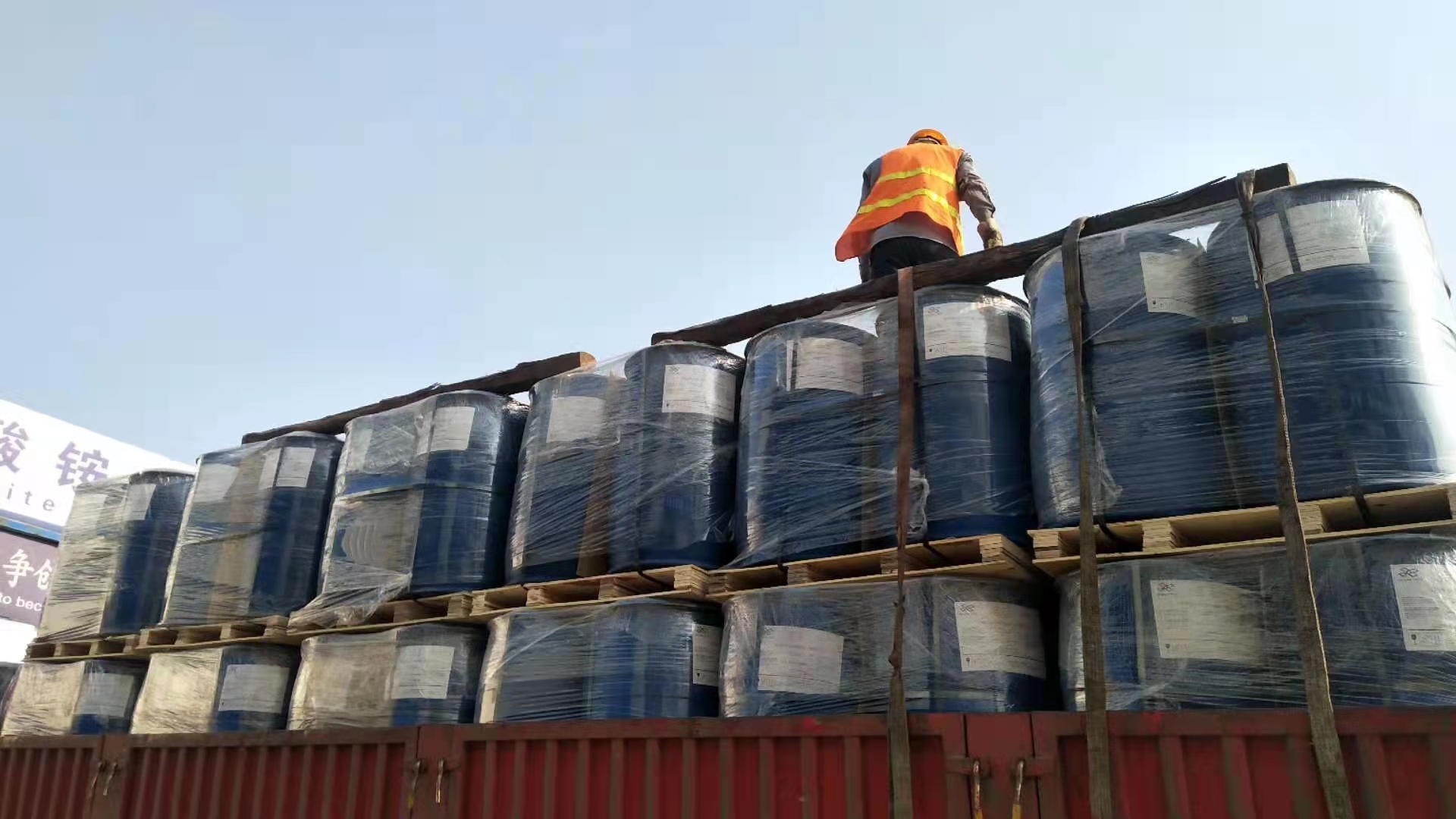
Antiscalants
Florrea MaxAntiscal series antiscalants and dispersants.Formation of mineral scales is a common problem in industrial processes, desalination as well as sewage and waste water treatment facilities. Antiscalants are substances preventing crystallized mineral salts (scale) from forming in e.g. water pipes, anaerobic digesters and dewatering trains. Our broad range of polymeric antiscalants and dispersants prevent inorganic scale and crystalization and help reduce maintenance time.
Florrea MaxAntiscal® series antiscalants and dispersants
Formation of
mineral scales is a common problem in industrial processes, desalination
as well as sewage and waste water treatment facilities.
Antiscalants
are substances preventing crystallized mineral salts (scale) from
forming in e.g. water pipes, anaerobic digesters and dewatering trains.
Our
broad range of polymeric antiscalants and dispersants prevent inorganic
scale and crystalization and help reduce maintenance time.
The
Florrea MaxAntiscal® product family is a versatile series of polymeric
antiscalant and dispersant chemistries designed to handle the most
vexing scale control challenges.
Applications for antiscalants
●Once-through and recirculating cooling water systems
●Boiler water treatment and sludge dispersion
●Municipal wastewater treatment
●Beet and cane sugar processing
●Industrial water treatment
●Detergents and cleaner formulations
●Municipal wastewater treatment
In mineral processing operations, insoluble salts—typically calcium
carbonate, calcium sulfate, magnesium and silicate—drop out of process
water and solutions. This causes scale to form on processing equipment,
which can restrict pipe volume. This in turn reduces flow and ultimately
requires downtime for cleaning.,
Florrea Maxantiscal® series
antiscalants use multiple scale control mechanisms to reduce the
potential for scale formation. These polymer chemistries control scale
in many mineral processing applications, from process water to Merrill
Crowe circuits
Florrea MaxAntiscal series antiscalants
are proven to deliver a number of benefits:
●Improve throughput and productivity
●Minimize cleaning costs
●Reduce downtime
●Reduce fresh water usage
●Improve capital asset life
Mode of Action of MaxAntiscal
Florrea
Maxantiscal antiscalants bring together multiple scale control
mechanisms to significantly reduce the potential for scale.
●To prevent initial scale formation, the antiscalants nucleate small,
scale-forming crystals in the solution so that the crystals do not
attach to and form scale on equipment surfaces (dispersion and
sequestration).
●To slow and minimize scale formation, the
antiscalants modify the surfaces of existing crystals so that new layers
of scale do not form (threshold inhibition).
●For any scale
that does form, the antiscalants disrupt the structure of the scale
(crystal modification), making it softer and easier to remove.
Antiscalants were evaluated for control of calcium carbonate (CaCO3) in gold processing applications.
Under severely supersaturated conditions, 100 percent inhibition was
achieved with 30 ppm antiscalant. Laboratory and field testing
established that an antiscalant could both inhibit scale buildup and
remove an estimated 0.5 kg/m2 per annum of pre-existing scale. A program
was developed to control CaCO3 at a gold mill experiencing severe scale
buildup. Annual accumulation of as much as 3 cm of scale in process
piping was reduced to unmeasureable levels when 10 ppm antiscalant was
applied.
No scale-related upsets in mill operation occurred during a five-month trial period.
Introduction
Inorganic mineral scale is a crystalline deposit that forms when
dissolved mineral constituents exceed the solubility of the respective
mineral phase. Formation of mineral scale adversely affects a wide range
of industries and is of particular interest in mining and metals
processing.
Scale affects numerous stages of metal extraction
processes. Restricted flow in piping, nozzles, valves, screens, pumps
and other components used to transport mineral slurries, metal
concentrates, and tailings as well as scale in millwater and thickener
overflow circuits are primary concerns .
Heap leaching,
comminuation, flotation, vat leaching, carbon adsorption, and heat
exchangers as well as oxidation steps used in processing sulfidic ores
are among key unit operations that may be adversely affected .
Antiscalant chemicals are designed to prevent formation and growth of mineral scales such as CaCO3.
These
chemicals, which include two primary classes – phosphonates and anionic
carboxylate polymers and copolymers - are added to the gold processing
stream at low parts-per-million (ppm) concentrations to interfere with
nucleation and growth of scale forming crystals and to disperse fine
particulate material.
Application points may be located throughout
the gold extraction process. Evaluation of the performance of
antiscalants plays a critical role in determining the best product for a
specific application.
Performance evaluations include laboratory
testing, pilot scale studies, in-plant trials, and ongoing performance
monitoring during mill operation.

Better mining reagents and solutions.innovative flotation reagents.
Creating Value for Environment, Society & Business
Related News
Tailings Management
Florrea partners with mineral processing companies to engineer tailings dewatering solutions that recover as much water as possible, giving you a more sustainable tailings disposal process while extending the life of your tailings storage facility and try to increase as much as possible the amount of a traditional tailings disposal solution – which ultimately helps to defer the heavy cost of building a new facility.
Zim container ship burns off coast of Canada
Zim container ship burns off coast of Canada
Florrea Dispersants
Florrea Dispersants




